DNVN - The US's imposition of a 25% tax on imported steel and aluminum is expected to have a significant impact on domestic and foreign businesses, including those that do not directly produce or export these two products.
On February 11 (Vietnam time), US President Donald Trump officially signed an executive order imposing a 25% tax on steel and aluminum imported into the country. The executive order takes effect from March 4 and there will be no exceptions.
The three largest exporters of steel and aluminum to the US are Canada, Brazil, and Mexico, followed by South Korea and Vietnam. Steel imported into the US is mainly used to manufacture automobiles, consumer goods, infrastructure, bridges, and oil pipelines. Aluminum is used to manufacture beverages, automobiles, aircraft, electrical wires, and other infrastructure projects.
According to a report by the US International Trade Commission, during President Donald Trump's first term, the steel and aluminum tax policy increased the prices of these two items in the US by 2.4% and 1.6%, respectively. In the period 2017-2019, steel production in the US increased by 6.8 million tons, equivalent to 7.5%, but could not compensate for the steel imported into the US at 10.2 million tons, equivalent to 27%.
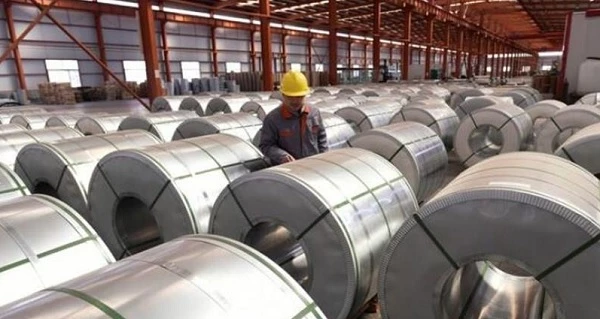
Testifying before the US Congress last weekend, US Commerce Secretary nominee Howard Lutnick said that countries need to reduce barriers to US exports to gain market access in this country. The US Department of Commerce will work with each major trading partner to discuss and resolve current tensions between the US and these countries.
This US tax declaration is expected to have a significant impact on the business community around the world and in Vietnam, including businesses that do not directly produce or export these two products.
Many countries around the world are concerned about the impact of this move on the global economy, including the impact on domestic US businesses. Currently, countries have taken measures to respond.
Responding to the new US tariffs, the German Chancellor warned that higher US tariffs would only harm all parties. Germany will carefully consider this issue as the European Union, any country imposing tariffs must expect retaliatory tariffs.
One option being considered by Europe is to increase import duties on products from the US. According to analysts, the tariffs could be counterproductive to US businesses and consumers.
Many US industries that use metals to make cars, cans and other goods will face higher prices once the new tariffs take effect. The transaction price of a new car could rise significantly because it is at its peak and consumers are reluctant to spend that much.
This will cause a backlash against demand, causing bigger problems down the road such as production cuts and job losses.
Following his decision to increase tariffs on imported steel and aluminum, US President Trump is also considering tariffs on cars, semiconductors and pharmaceuticals. The US President said that there will be retaliatory measures against countries that retaliate against the US decision to increase tariffs.
Vietnam's steel and aluminum industry has also been significantly affected by the US's decision to increase tariffs on imported steel and aluminum. According to the Vietnam Steel Association, since 2018, the US has applied tariffs of 10% and 25% on aluminum and steel products, respectively.
All Vietnamese aluminum products exported to the US will be affected by the 15% tax increase. In 2024, Vietnam exported nearly $480 million worth of aluminum and aluminum products to the US market, up 9.5% over the previous year. Meanwhile, Vietnam's steel and steel product exports to the US also increased by nearly 159%.
The Vietnam Aluminum Profile Association said that although businesses in the industry had prepared in advance, they were still quite surprised by this change. Mr. Vu Van Phu - Vice President and General Secretary of the Vietnam Aluminum Profile Association said that this is a common difficulty for all businesses with direct production and export activities and also a difficulty for many businesses without direct export activities.
The Vietnam Aluminum Profile Association will proactively seek sources of supply to reduce production costs, cut profits, and develop appropriate business strategies to support businesses exporting to alternative markets that have signed trade agreements with Vietnam. Avoid businesses being completely dependent on a specific market.
At the same time, the Vietnam Trade Office in the US focuses on ensuring that businesses comply with US regulations on origin and are ready to fully participate in the investigation process of trade defense cases.
Ha Anh
Source: https://doanhnghiepvn.vn/kinh-te/my-ap-thue-25-voi-thep-nhom-nhap-khau-tac-dong-the-nao-toi-doanh-nghiep/20250211025423194







































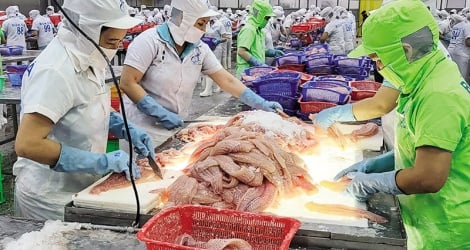


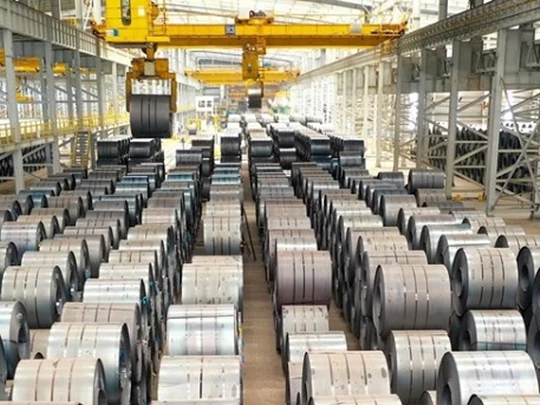
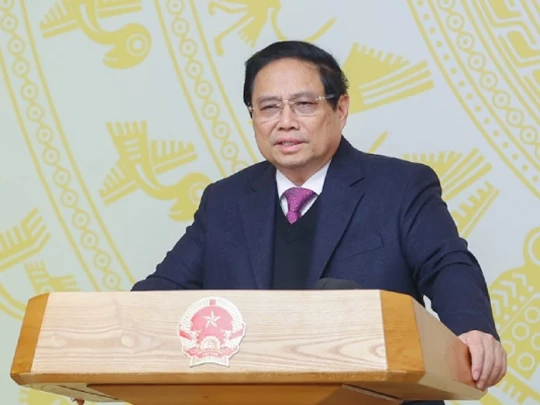

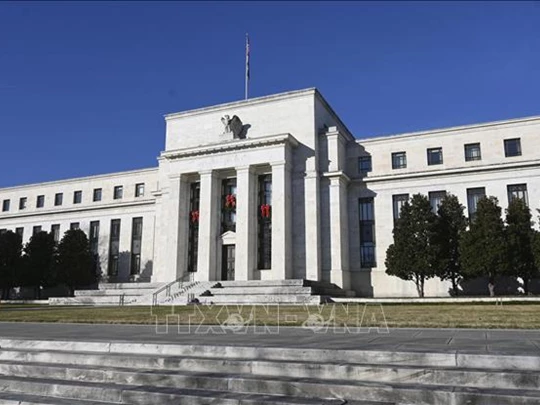














Comment (0)